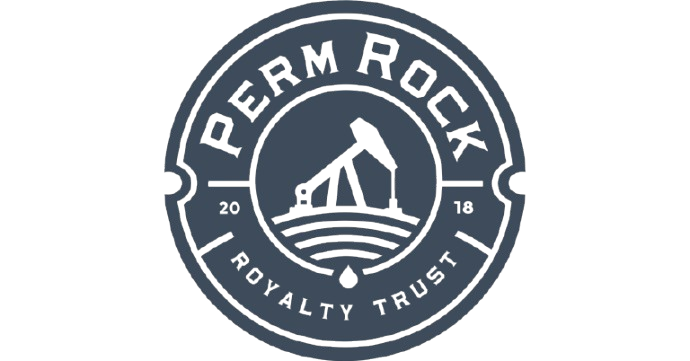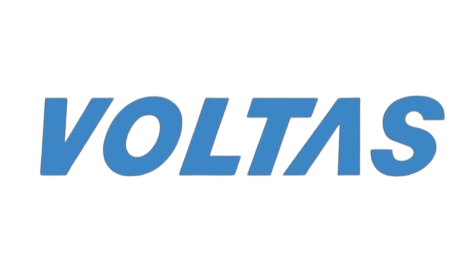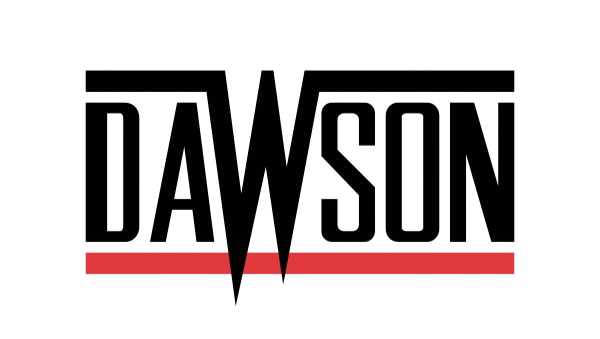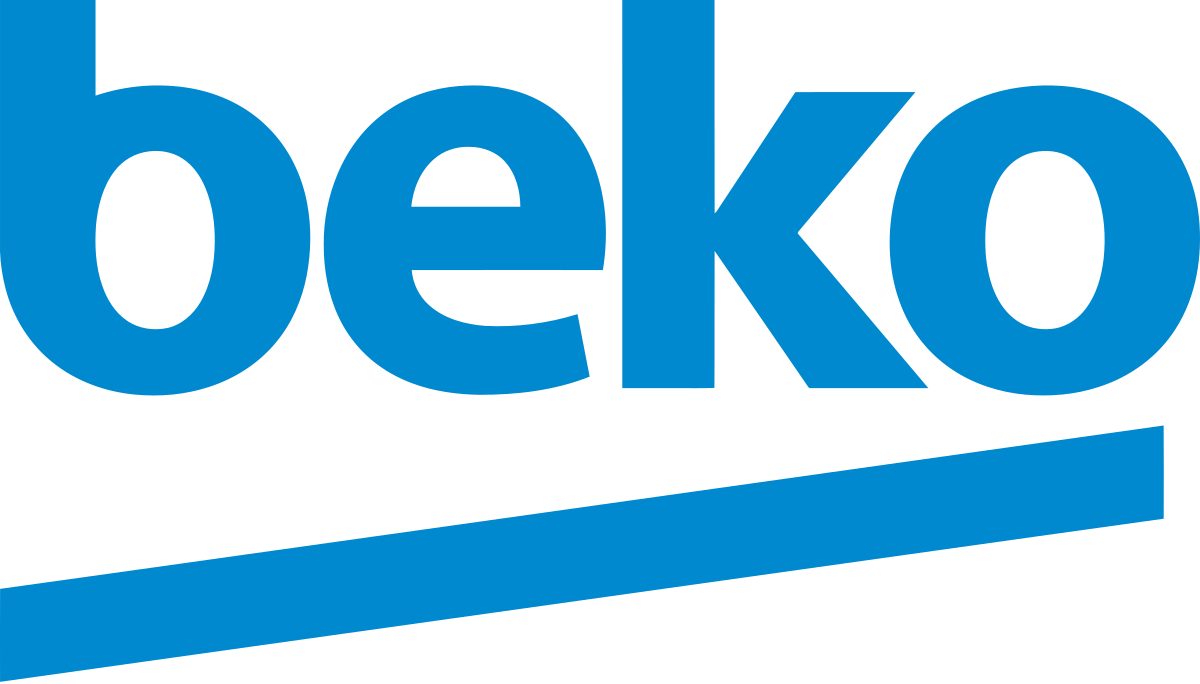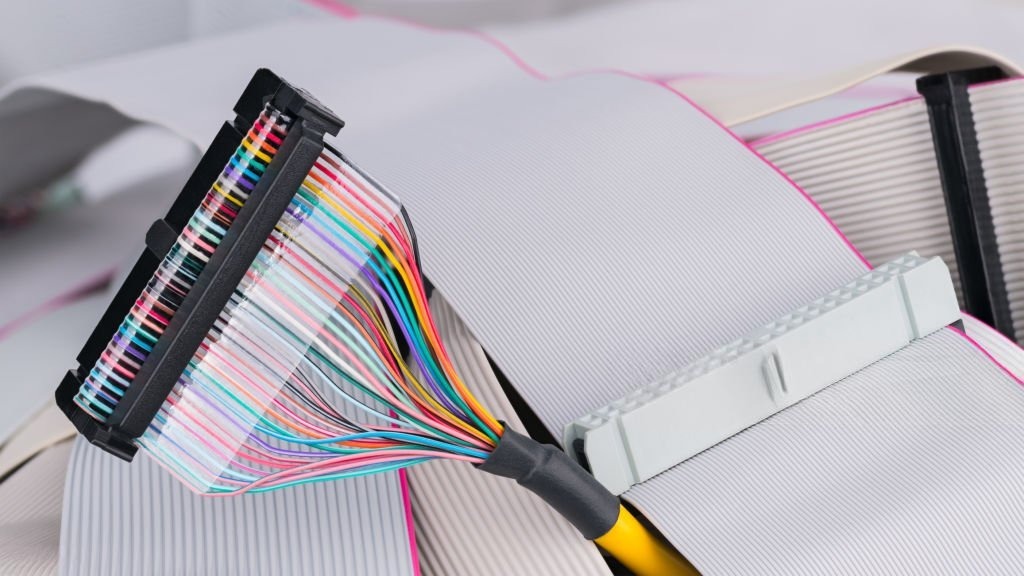
The Role of 3D CAD in Wire Harness Design: Best Practices
Why 3D CAD Is Revolutionizing Wire Harness Engineering
Wire harnesses are no longer simple assemblies of wires—they are precision-engineered systems vital to the performance of today’s vehicles, machines, appliances, and devices. For automotive, industrial automation, medical equipment, aerospace, telecommunications, and consumer electronics, complexity is rising fast. To meet that demand with accuracy and efficiency, 3D CAD for wiring harness design has become indispensable.
At Celestix Industries, a leading custom wiring harness manufacturer based in Pune, India, we embed wiring harness CAD software into every phase of our wire harness engineering process. This article outlines why 3D CAD wire harness design is critical—and the best practices in wire harness design Celestix follows to ensure every harness is built right the first time.
Introduction to 3D CAD in Harness Design
Traditional 2D drafting often lacks the spatial fidelity needed for routing wires around complex mechanical geometries. 3D CAD software for harness design—like Siemens NX wire harness, EPLAN Harness proD, Cadonix Arcadia wiring, TE HarnWare design, RapidHarness CAD tools, VeSys harness design, and HarnesSYS 3D modeling—solves this by allowing:
Wire harness routing CAD within actual 3D environments
Real-time bend radius calculations and voltage drop simulation CAD
Connector design 3D CAD validation and strain relief optimization
Export-ready BOMs, cut lists, and digital twin harness models
Unlike 2D drawings that may require multiple revisions, wire harness 3D modeling identifies conflicts early, reducing costly rework and enabling virtual prototyping wire harness workflows.
At Celestix, our engineering team uses CAD tools to accelerate both wire harness prototyping and large-scale production.
Why It Matters: Industry Demands Are Changing
Modern electrical harness design must now accommodate:
Automotive wire harness design for EVs, hybrid vehicles, and ADAS systems
Aerospace wire harness CAD for lightweight and extreme reliability
EMI-sensitive circuits require an EMI shielding wire harness design
Thermal analysis wire harness validation for power electronics
IP67 connector CAD modeling for waterproof, dustproof durability
Compliance with wire harness design standards such as IPC/WHMA-A-620 design and ISO 16750-4 harness testing
Quantified Impact of Late-Stage Errors
3D CAD harness optimization prevents these issues at the digital design stage.
Celestix’s CAD-Centric Best Practices
1. Design for Manufacturability Harness (DFMA)
We integrate DFMA wire harness design to ensure manufacturability and scalability:
Modular wire harness design for ease of assembly
Poka-yoke harness design to eliminate human error
Wire harness material selection using CAD simulations
Copper vs aluminum harness trade-off studies for cost and weight
Insulation materials CAD validation for thermal and chemical resistance
Material Comparison Table:
2. Real-World Geometry Simulation
We simulate real-world constraints with 3D CAD digital twin harness models:
Bend radius compliance
EMI-safe routing
Strain relief optimized using strain relief CAD design
Serviceability improvements for long-term reliability
3. Wire Harness Simulation CAD
Our engineers run advanced simulations:
Voltage drop simulation CAD for high-voltage harnesses
Thermal analysis wire harness for heat-intensive applications
Wire harness failure analysis under stress cycles
EMI shielding effectiveness in automotive wire harness design
4. Documentation and Standardization
We enforce 3D CAD harness standardization:
Traceable BOMs for OEM audits
Automated compliance reports
Wiring harness cost reduction through design optimization
Support for wire harness assembly automation
5. Collaboration and Automation
Using 3D CAD collaboration tools, we:
Co-design with OEMs and suppliers
Accelerate prototyping with virtual prototyping wire harness workflows
Integrate supplier inputs with supplier collaboration CAD design
Engineering Advantages of 3D CAD for Wire Harnesses
Industry Use Case: EV Battery Harness Design
Celestix engineered an electric vehicle wiring design for a next-gen SUV:
Applied CAD tools for EV harness validation
Optimized copper vs aluminum harness layouts for weight reduction
Modeled EMI shielding wire harness to protect powertrain systems
Validated with voltage drop simulation, CAD, and thermal analysis wire harness
Results:
20% charging time reduction
15% weight savings with aluminum-copper hybrids
Compliance with ISO 6722, IEC 60228, and IPC/WHMA-A-620 design standards
Faster OEM integration with 3D CAD digital twin harness deliverables
Extended Applications of 3D CAD in Wire Harness Engineering
Beyond EVs, 3D CAD enhances wire harness engineering across industries:
Aerospace harness reliability achieved with aerospace wire harness CAD
Defense harnesses validated with wire harness failure analysis
Telecommunications harnesses built with 3D CAD harness optimization
Renewable energy wiring tested with thermal analysis wire harness models
Heavy equipment wiring enhanced with wire harness assembly automation
Extended Sector-Specific Benefits
How 3D CAD Supports Multiple Industries
Automotive Wiring Harness: EV-ready, EMI-shielded, and lightweight designs
Industrial Automation: Modular harnesses for robotics and heavy machinery
Medical Equipment: Compact, high-reliability assemblies for diagnostic devices
Consumer Electronics: Overmolded harnesses for smart appliances
Defense & Aerospace: Mission-critical aerospace wire harness CAD with redundant safety designs
Renewables: Long-life, outdoor-rated harnesses for solar and wind systems
Why Celestix Excels in CAD-Based Harness Engineering
100% QC at every stage
Certified: ISO 9001, IATF 16949, RoHS, CE, UL
Expertise in DFMA wire harness design and wire harness automation design
Advanced simulation with wire harness simulation CAD for EMI, thermal, and voltage drop
In-house validation under ISO 16750-4 harness testing
Full compliance with IPC/WHMA-A-620 design standards
Scalable manufacturing: 5–6x capacity increase on demand
Global supply network with customer-first responsiveness
Closing Thoughts: CAD as a Catalyst for Reliability
3D CAD wire harness engineering is not just a design tool—it is a best practices wire harness design framework. From connector design 3D CAD to wire harness prototyping and wire harness automation design, Celestix integrates every step for performance, compliance, and speed.
By leveraging advanced CAD platforms such as Siemens NX wire harness, EPLAN Harness proD, Cadonix Arcadia wiring, TE HarnWare design, RapidHarness CAD tools, VeSys harness design, and HarnesSYS 3D modeling, Celestix delivers wiring solutions that empower OEMs to innovate with confidence.
Whether you're building the next-gen EV, advancing aerospace technologies, or upgrading industrial automation systems, Celestix Industries is your trusted partner in 3D CAD harness optimization.
Let’s collaborate.
Get a quote tailored to your harness requirements:
Request a Quote
Or contact us directly:
info@celestixindustries.com
Ready to Start Your Next Project?
At Celestix Industries, we help OEMs and global manufacturers accelerate time-to-market with precision-engineered harness solutions. Whether you need prototyping, EV wiring harness design, or aerospace-certified assemblies, our engineering team is ready to collaborate.
Contact us at info@celestixindustries.com
Submit your requirements via Contact Form
Get fast pricing and lead time estimates through our Quote Request
Celestix Industries – Engineering Reliability, Powered by 3D CAD.
